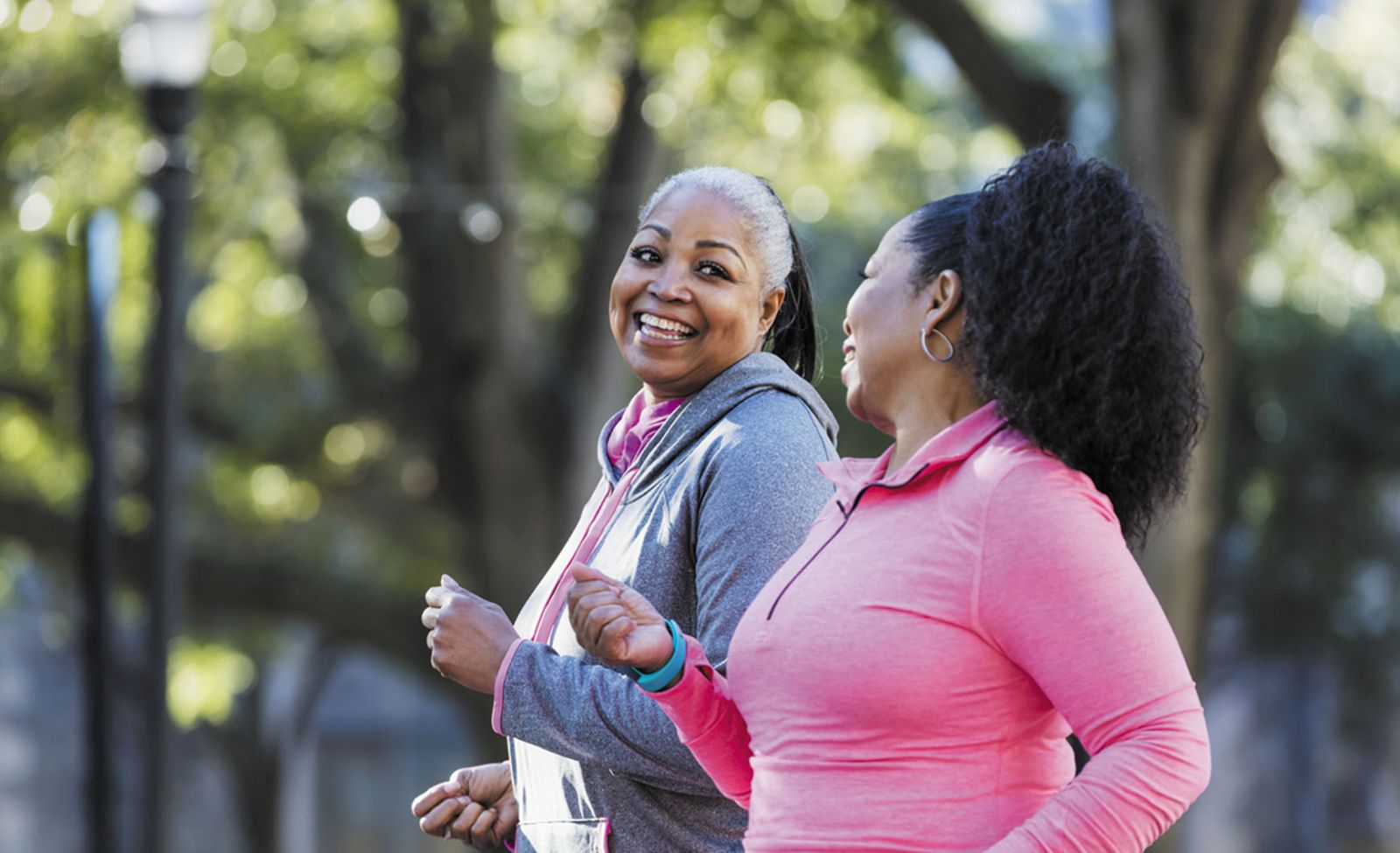 English
English

Indulging in sports activities and exercising has been proved to improve your cognitive performance, but which type and how much exercise will keep your mind in top shape?

Washington DC: Indulging in sports activities and exercising has been proved to improve your cognitive performance, but which type and how much exercise will keep your mind in top shape?
This is the question that has been explored by researchers through a large-scale analysis.
The large scale analysis was carried out at the University of Basel and their colleagues at the University of Tsukuba in Japan. The researchers have used this analysis to derive recommendations they recently published in the journal Nature Human Behaviour.

The research group with the participation of Dr Sebastian Ludyga and Professor Uwe Puhse evaluated 80 individual studies to identify a few key characteristics. Endurance training, strength training or a mix of these components seem to improve cognitive performance.
However, coordinated and challenging sports that require complex movement patterns and interaction with fellow players are significantly more effective. "To coordinate during a sport seems to be even more important than the total volume of the sporting activity," explains Ludyga.
Also Read: Physical exercise can lead to better mental health
A higher total extent of activity does not necessarily lead to a correspondingly higher level of effectiveness for mental fitness. Longer duration per exercise unit promises a greater improvement in cognitive performance only over a longer period of time.
All age groups benefit
Just like our physical condition, cognitive performance changes over the course of our lives. It is great for the potential for improvement during childhood (cognitive development phase) and during old age (cognitive degradation phase). However, the research group of the Department of Sport, Exercise and Health (DSBG) at the University of Basel was unable to find an indicator of different levels of effectiveness of sporting activities within the varying age groups.

Furthermore, sporting activities from primary school age to later age do not have to be fundamentally different in order to improve cognitive performance. Different age groups can thus be combined for a common goal during sports. "This is already being implemented selectively with joint exercise programs for children and their grandparents," says Puhse. Such programs could thus be further expanded.
Intense sports sessions for boys and men
The same volume of sports activity has a different effect on physical fitness for men and women, as we are already aware. However, the research group has now been able to verify this for mental fitness. Men accordingly benefit more from sporting activity.
Also Read: How effective is walking for weight loss?
Differences between the sexes are particularly evident in the intensity of movement, but not in the type of sport. A hard workout seems to be particularly worthwhile for boys and men. Paired with a gradual increase in intensity, this leads to a significantly greater improvement in cognitive performance over a longer period of time.
In contrast, the positive effect on women and girls disappears if the intensity is increased too quickly. The results of the research suggest that they should choose low to medium intensity sporting activities if they want to increase their cognitive fitness. (ANI)